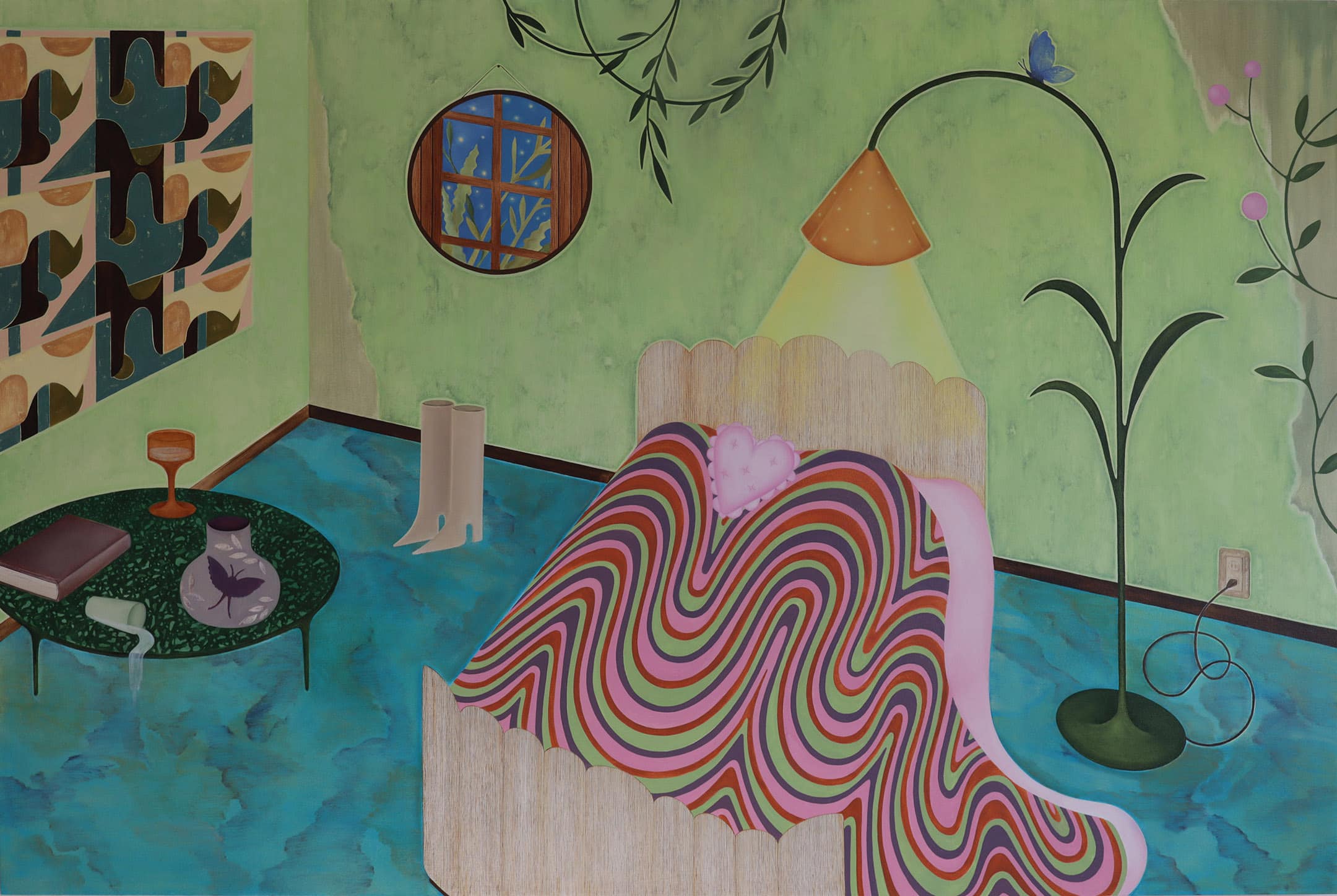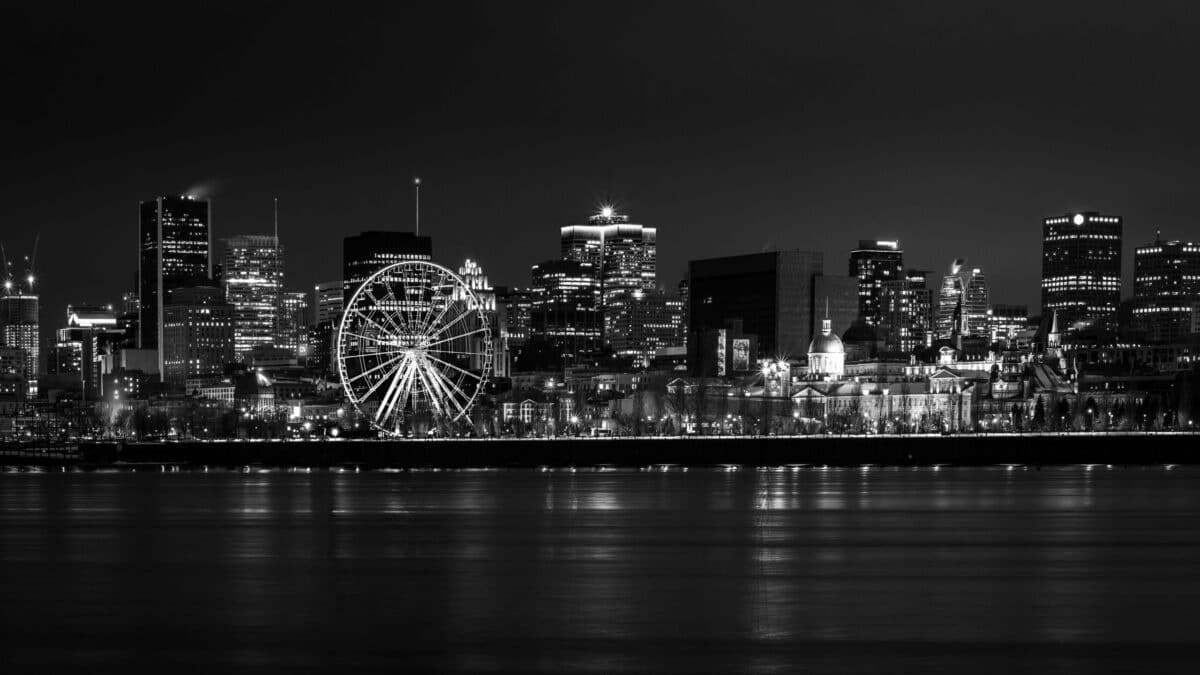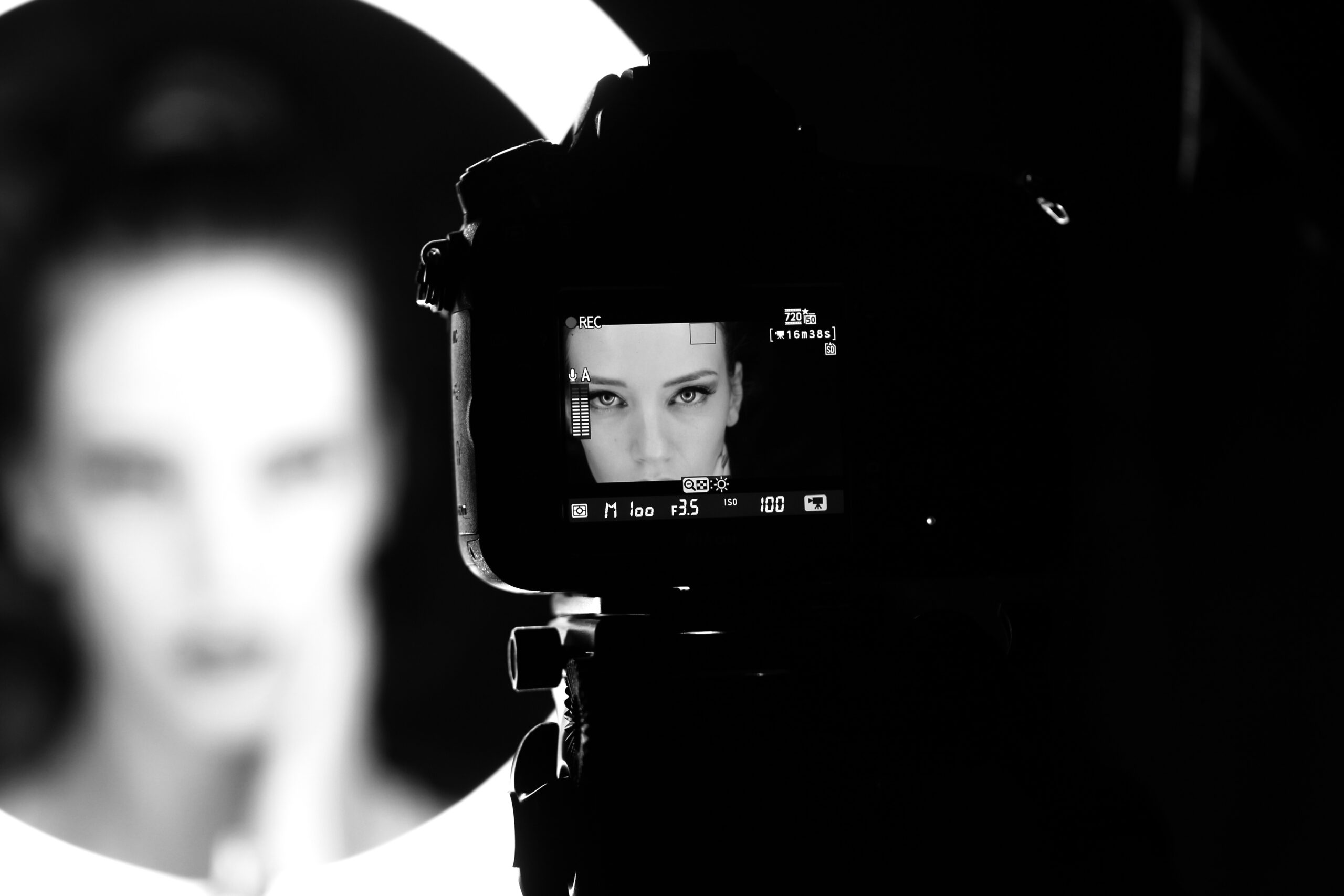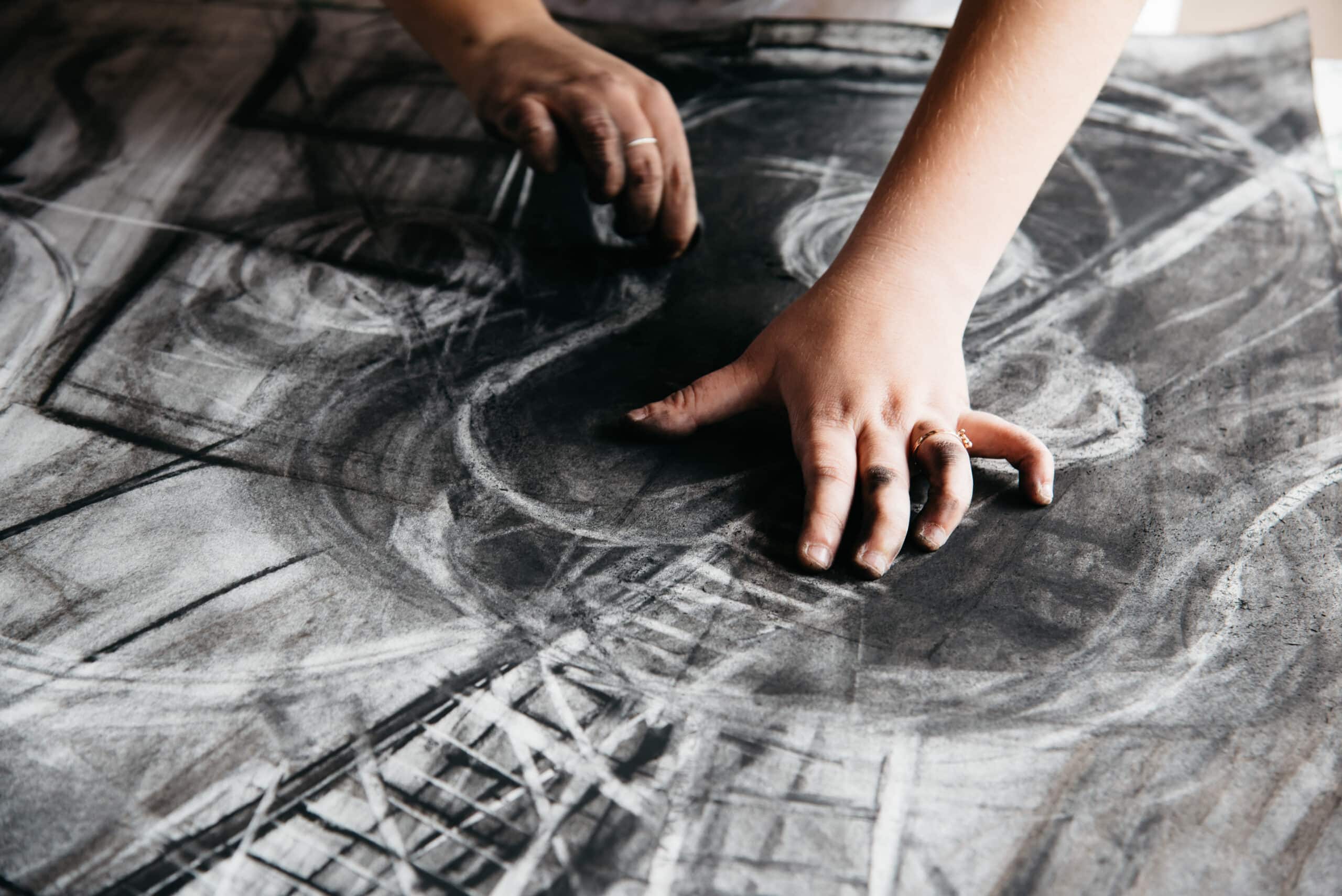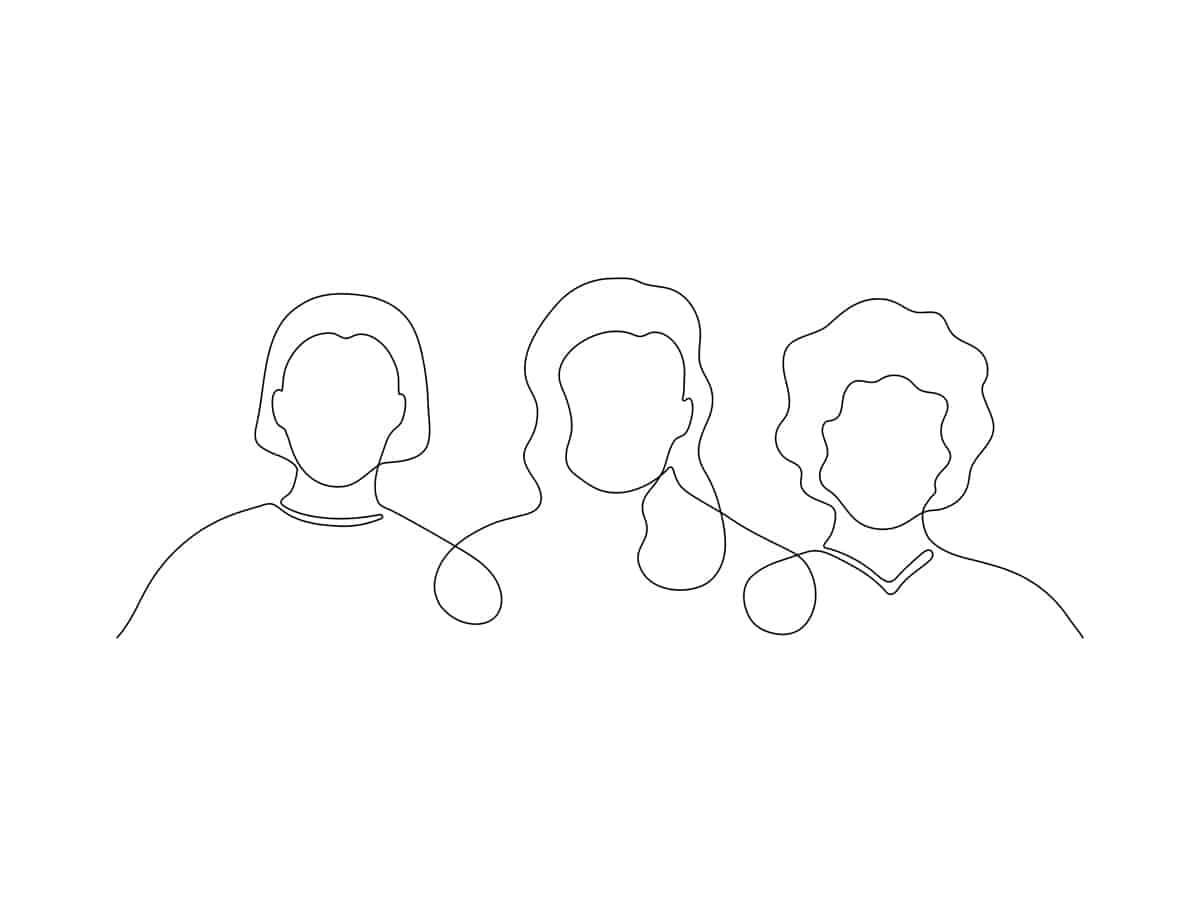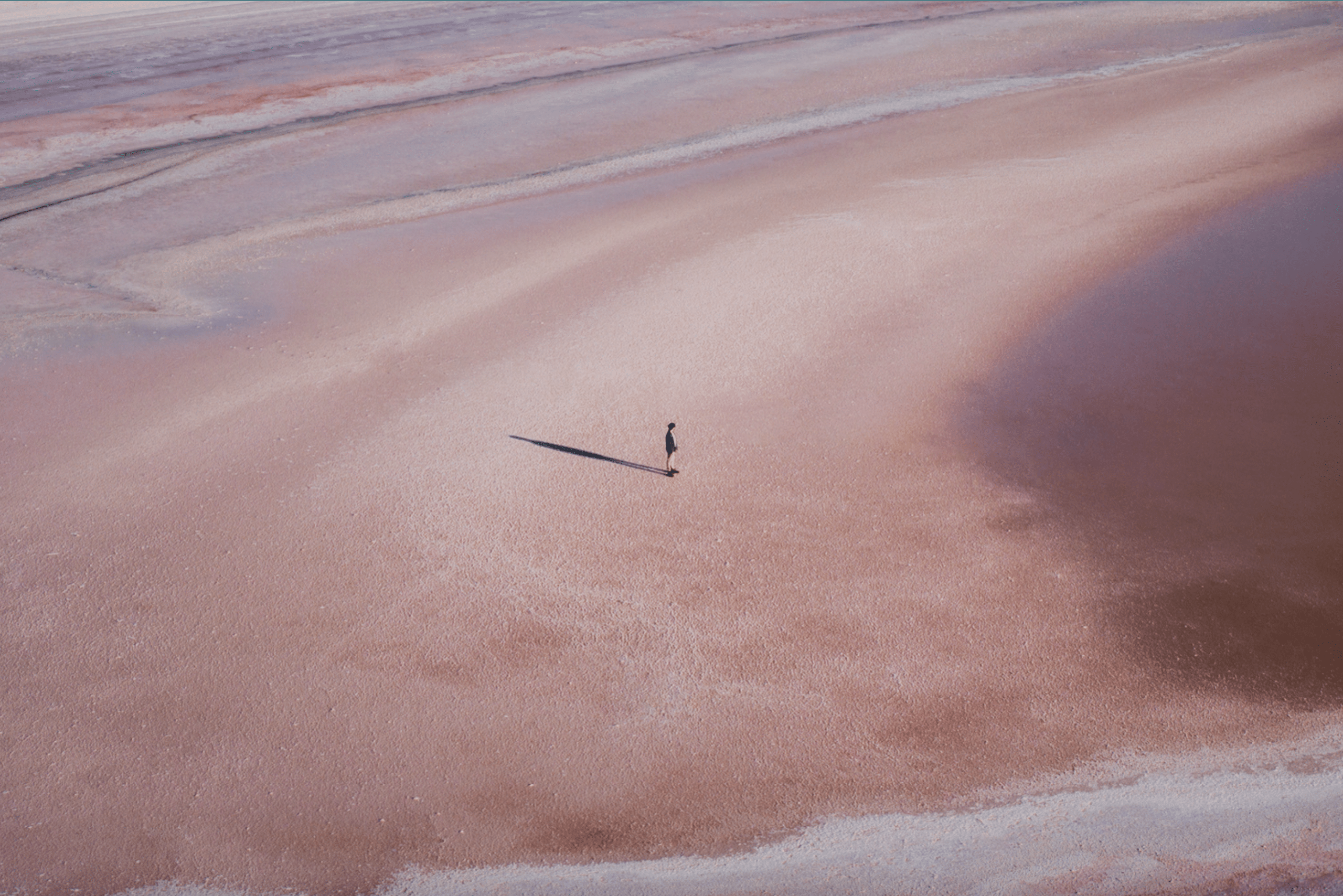From scattered downtown studios to barren rural landscapes, it’s a known fact that your environment directly influences creativity, imagery and motivation. Throughout the span of a career in photography however, work often begins to grow beyond the simple expression of location and starts to manifest a physical awareness beyond the space being captured.
Opening discussion with five photographers from various urban and rural settings, we investigated what surroundings spark the most intrigue and how roots in certain physical climates materialize through tendencies to capture bustling movement and color or enigmatic, minimal stillness. Is a shift in scenery a necessary factor towards artistic growth as a photographer?
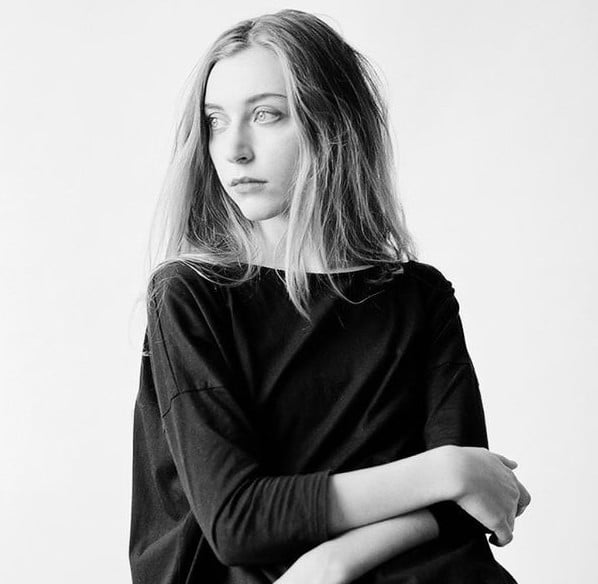
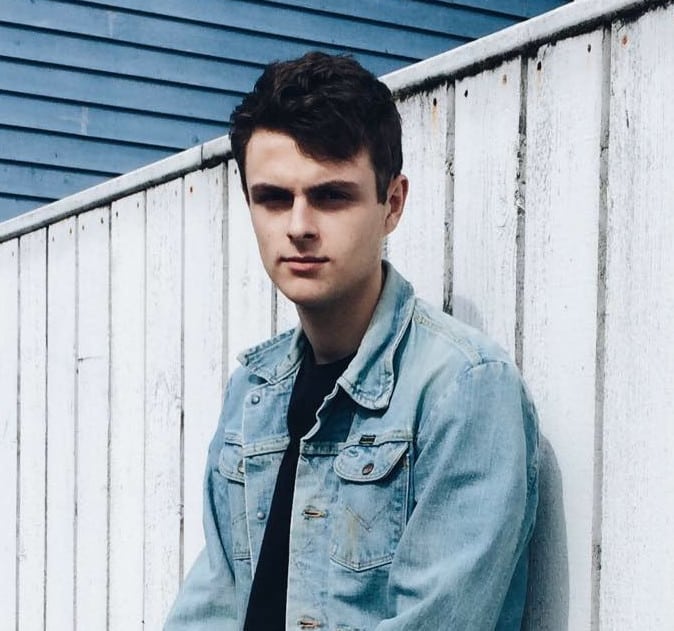
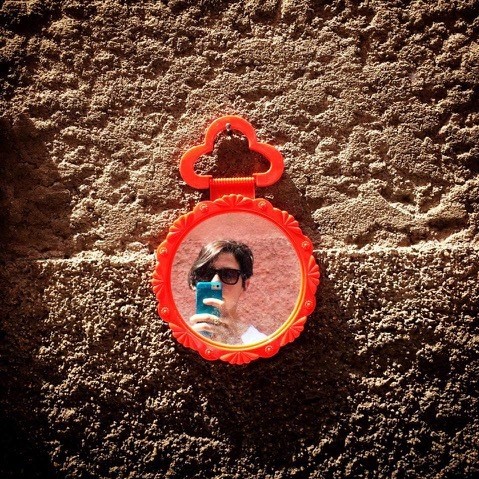
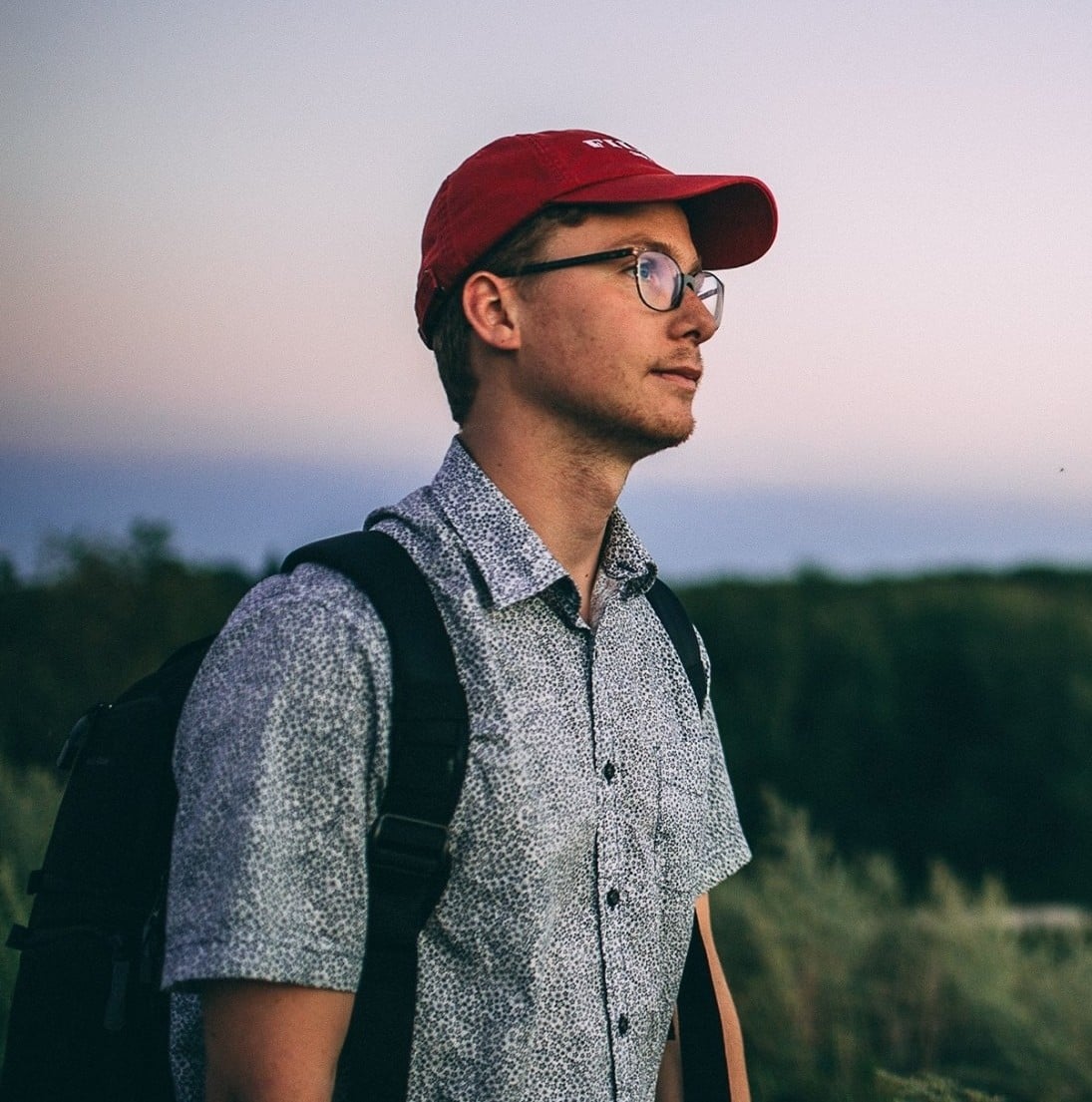
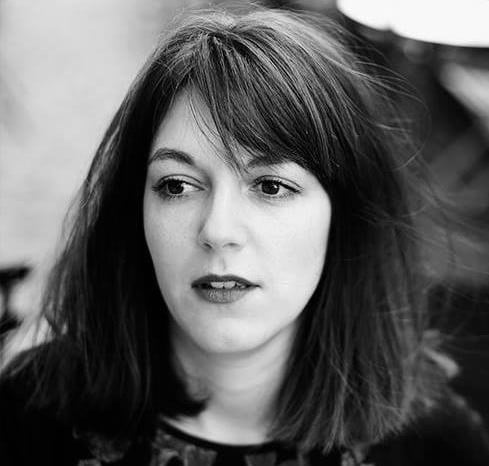
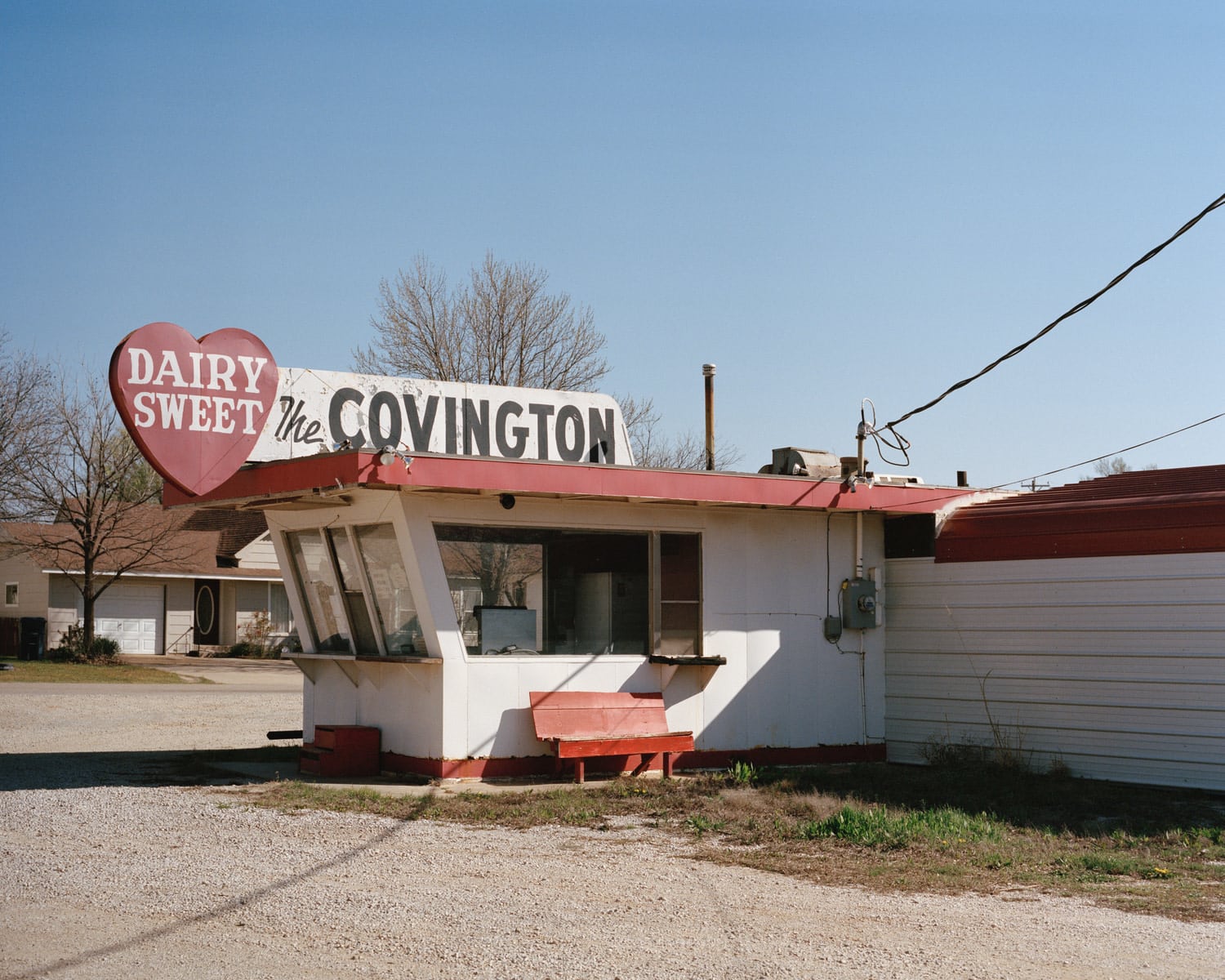
Molly Strohl, Photographer
I actually just recently moved across the entire country and changed my surroundings completely. In the south, I feel like I had to hunt around for a location that inspired me, whereas up here in the north-west I feel like I’m practically drowning in gorgeous places to shoot. I would say that I’m more drawn to urban imagery in general though. It takes a keen eye to make a cement building or a plain house look interesting and “new”. Urban settings create a whole other dialogue, and I always enjoy figuring that out for myself; way more than a pretty photo of some mountains. If I’m out shooting the landscape, I try to find little snippets that aren’t so obviously, “hey look, some trees.” The color and texture of the dirt, or a weird abnormality in the earth, those are the things that I like to look for.
With my portraiture and more conceptual imagery though, I try to really focus more on the subject. I don’t generally go for locations that might be distracting from what I’m trying to convey. If I show up somewhere that I thought was going to be “it” and it turns out I’m just not feeling inspired by it all, I won’t take a single photo. I have to get that gut feeling otherwise I’m most likely going home—it’s probably the worst thing I can do to myself.
Savannah, Georgia via Portland, Oregon
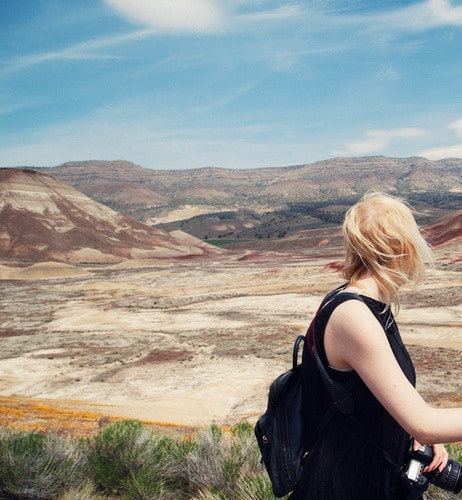
Brendon Burton, Photographer
Location affects my work a great deal; it’s a huge factor in the overall theme in a photo. I tend to lean towards shooting a solitary, anonymous figure in an eerie landscape, so I’m naturally drawn to rural areas like the town I grew up in. Desolation is another common theme in my work; my favorite locations are those I find in the middle of nowhere while just exploring with my friends. Oregon was fantastic for that. The sheer amount of locations available to you was pretty much infinite, but it spoiled me a lot. I’ve since moved to New York City and I’m finding it more difficult to find environments that I’m comfortable shooting in.
I can’t go into abandoned buildings without the risk of getting arrested, or running into someone squatting in them. I’m working on figuring out how to manage here, creatively, and I think my catharsis is the sheer amount of inspiration I get from the art scene here. I go to gallery openings every week and visit museums in my free time. It’s a new world having these resources available.
Recently, I’ve started driving upstate in rental cars and I’ve found that to be very helpful; my creative process thrives when I’m travelling. Constant change of surroundings is crucial for me to keep up a workflow I’m happy with.
New York City via Myrtle Creek, Oregon
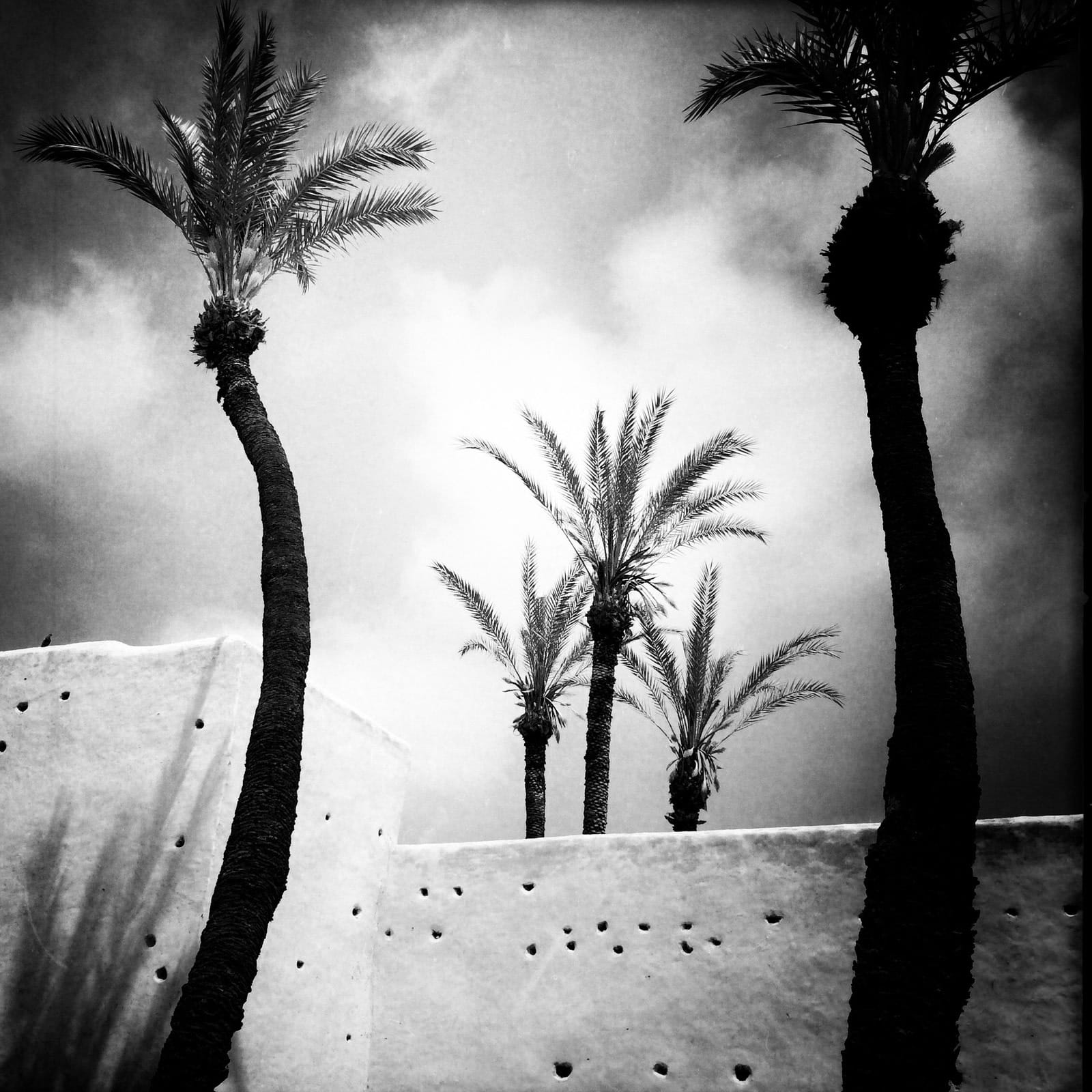
Ekin Kucuk, Photographer
I’m definitely more into urban photography. Living in a crowded city that’s full of contrast gives me a wide variety of human conditions and provides a lot of inspiration. I also try to travel to places with that sense, places full of life.
I like shooting while on the road or away from my usual surroundings because I have noticed that it gives me much more motivation and inspiration. I really like the challenge of searching and learning and trying to capture the allure of a city, both through the people and the place itself.
Istanbul via Adana, Turkey
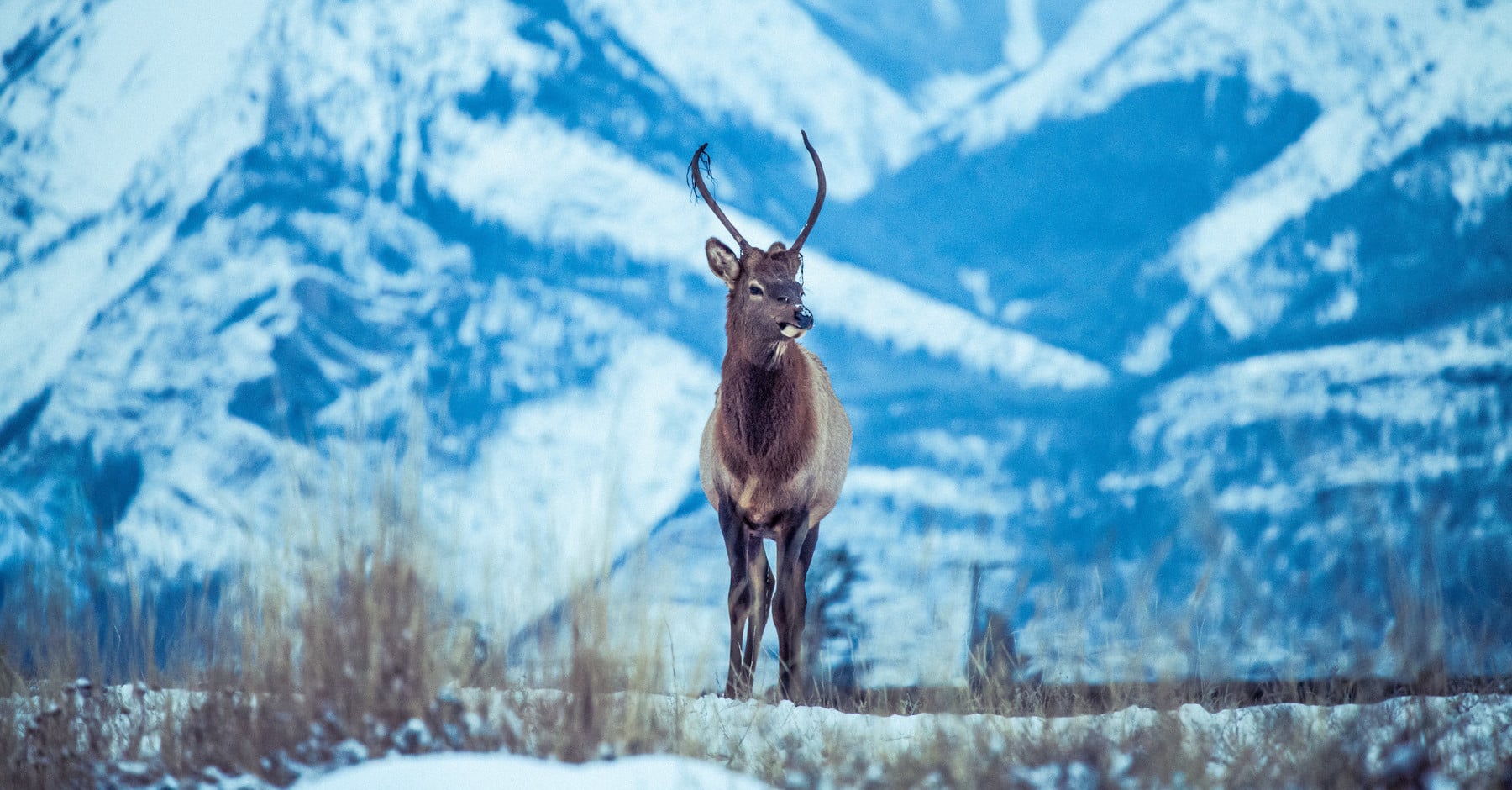
Joseph Visser, Photographer
I’ve always believed that 90 per cent of good photography is situational: putting myself in environments that inspire me will produce my best work, which is usually when I’m alone in nature and far away from any city. What I’ve learned recently however, is that sometimes the opposite is true.
A couple weeks ago I was hired to shoot something in Chicago, Ill. Walking the busy streets was a bit of a culture shock since I had just come from spending a few perfect days waking up before sunrise, shooting the wildlife of Riding Mountain National Park in Manitoba. What I was most struck by was the amount of unnatural and constructed texture, color, shadow, and light contained in the city. Instead of being put off by this change, I tried to embrace it. I walked around shooting at anything that contrasted with the wild I had just been surrounded by in my home province.
A dog pulling at his orange leash, a freshly chopped tree stump surrounded by a decorative metal grate or a pink feather purse strung up on the fence of a construction site. These seemingly mundane elements that were the most foreign to my normal photographic tendencies became my focus.
I guess if I can’t capture the natural world that I love so much, I’m going to try and capture the opposite of it. Most of the photos from Chicago won’t make it into my portfolio, but it was an interesting exercise. I’m reminded again that shooting outside of what is comfortable to me is often the best thing to keep myself progressing.
Winnipeg, Manitoba, Canada
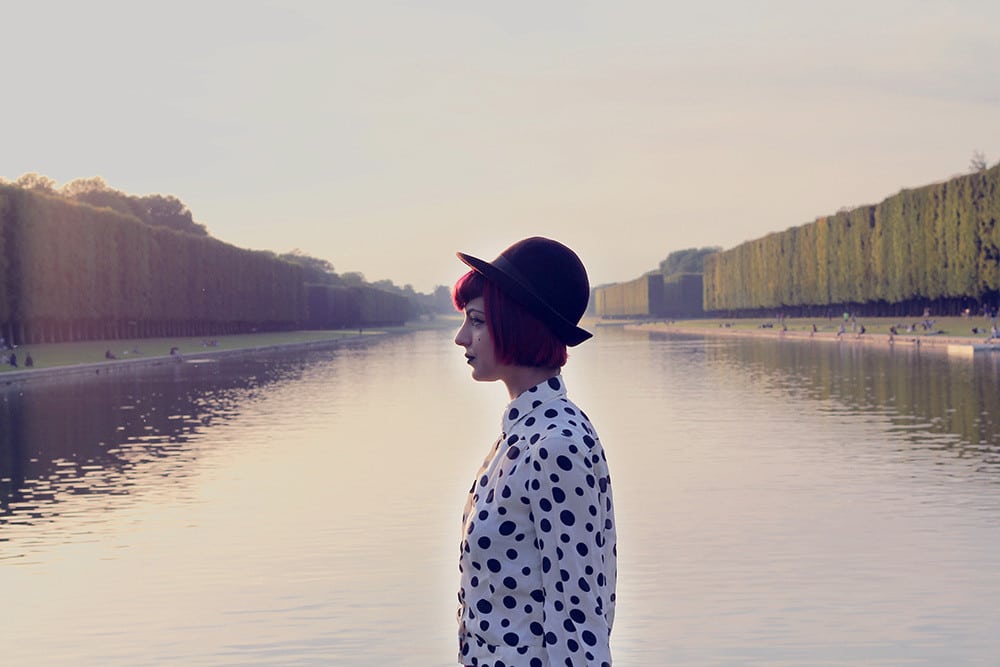
Alice Lemarin, Photographer
I work mostly with natural lighting, so for me the photographic environment is the most important thing. When I photograph a model or an object, the background is also a major element because it’s what will put the main subject forward.
I work in urban environments as well as rural, but I think I’m more inclined to natural and vegetal environments which are more representative of my imagination. I do like urban environments as well but the architecture and framing have to be out of the ordinary—I don’t like it when a district, monument or city cliché is noticeable.
You have to accept being out of inspiration to let new ideas come in. Sometimes a photographer without ideas, who is feeling insecure, will test out more things and get out of their comfort zone and accomplish their best work. I’m pretty reactive on set and setting changes can be the boost I need.
Paris, France




